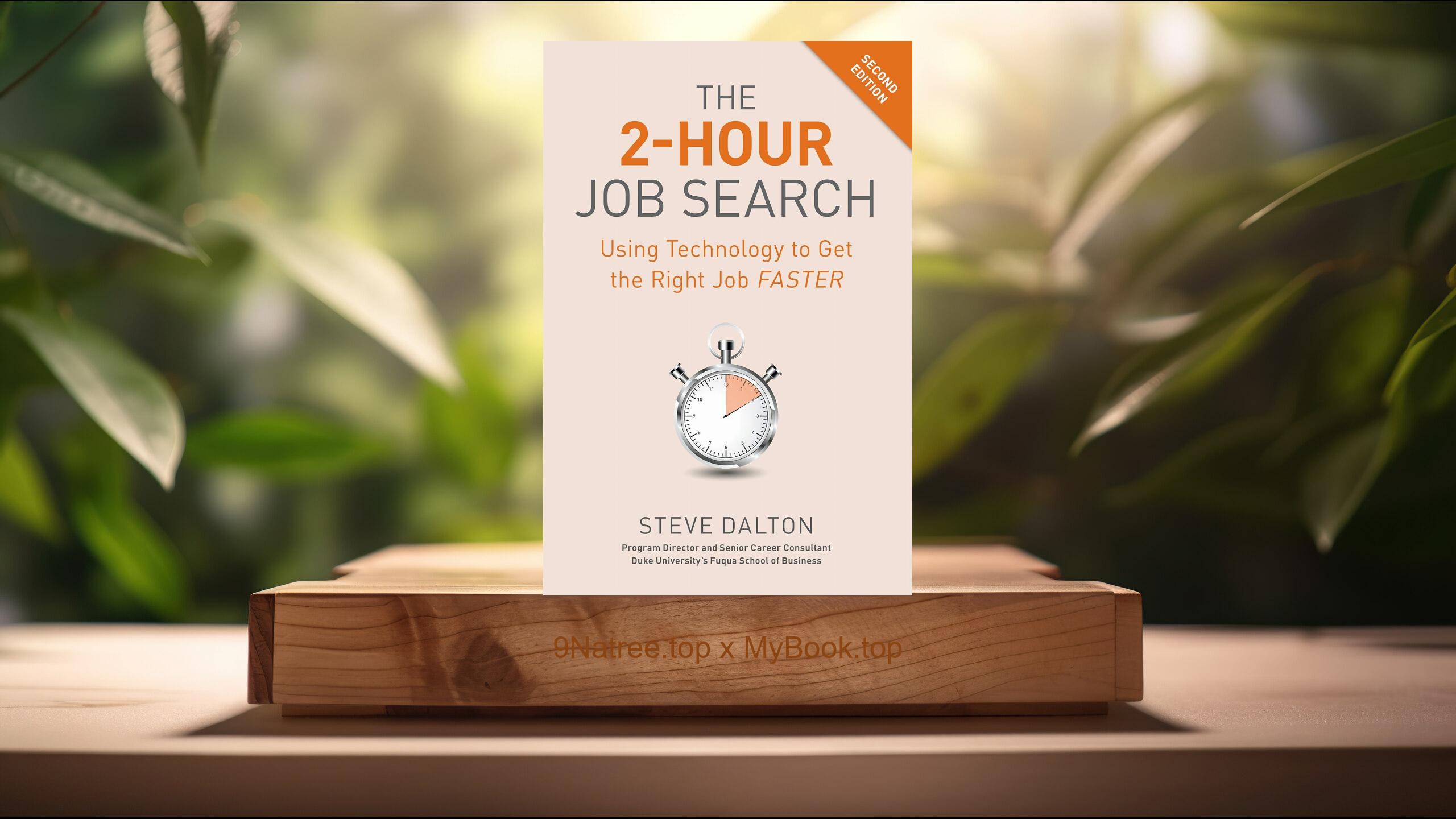Show Notes
- Amazon USA Store: https://www.amazon.com/dp/B075F8M2MC?tag=9natree-20
- Amazon Worldwide Store: https://global.buys.trade/Enlightenment-Now-Steven-Pinker.html
- Apple Books: https://books.apple.com/us/audiobook/enlightenment-now-the-case-for-reason-science/id1418921317?itsct=books_box_link&itscg=30200&ls=1&at=1001l3bAw&ct=9natree
- eBay: https://www.ebay.com/sch/i.html?_nkw=Enlightenment+Now+Steven+Pinker+&mkcid=1&mkrid=711-53200-19255-0&siteid=0&campid=5339060787&customid=9natree&toolid=10001&mkevt=1
- Read more: https://mybook.top/read/B075F8M2MC/
#Enlightenmentprinciples #Humanprogress #Reasonandrationality #Scientificmethod #Humanismandethics #Pinkersoptimism #Datadrivenanalysis #Contemporarychallenges #EnlightenmentNow
These are takeaways from this book.
Firstly, The Power of Reason, Steven Pinker heralds reason as a cornerstone of Enlightenment thinking and a driving force behind human progress. He delves into the historical evolution of rational thought, tracing its impact from the scientific revolution to modern-day decision-making. Pinker argues that the application of reason has enabled humanity to solve complex problems, from eradicating diseases to enhancing democratic governance. Through compelling examples, he illustrates how reasoned debate and empirical investigation have led to technological advancements and moral progress, debunking myths and superstitions along the way. Pinker passionately defends reason against its critics, emphasizing its role in overcoming cognitive biases and fostering a more enlightened society.
Secondly, Science as a Catalyst for Progress, Pinker extols science not just as a body of knowledge, but as a systematic way of understanding the world that has been fundamentally transformative for human welfare. He discusses the scientific method's unique ability to generate reliable knowledge, which has in turn fueled technological innovation and improved living standards globally. The book highlights breakthroughs in medicine, energy, and environmental protection as testaments to science's problem-solving prowess. Pinker also addresses the challenges science faces from ideological opposition and calls for a renewed commitment to scientific literacy and investment in research as pillars for future advancements.
Thirdly, Humanism: Ethics of Enlightenment, Pinker champions humanism as the ethical framework that has guided the Enlightenment's moral compass, advocating for human rights, equality, and individual dignity. He surveys the historical landscape to show how humanistic values have fostered compassion and empathy, leading to societal reforms that have marginalized violence and cruelty. Pinker illustrates how humanism has been instrumental in the abolition of slavery, the fight for gender equality, and the advancement of animal rights. By placing human well-being at the heart of moral decision-making, Pinker argues that humanism offers a robust antidote to fundamentalism and nihilism, nurturing a culture of respect and understanding.
Fourthly, Progress: Measuring Human Achievement, Pinker provides a data-driven examination of progress, dismantling the notion that the world is in a state of perpetual decline. He meticulously analyzes trends in health, wealth, safety, and freedom, presenting a clear-eyed view of how far humanity has come. Pinker uses statistics to challenge common misconceptions about the past and present, showing that despite setbacks, the trajectory of human progress is overwhelmingly positive. By highlighting achievements in reducing poverty, extending lifespans, and spreading democracy, Pinker makes a compelling case for optimism and the continued potential for progress through Enlightenment ideals.
Lastly, Challenges to Enlightenment Ideals, Despite the successes attributed to Enlightenment principles, Pinker acknowledges the challenges and criticisms they face in contemporary society. He addresses concerns about environmental degradation, inequality, and political polarization, offering reasoned analyses and potential solutions grounded in the same Enlightenment ideals. Pinker argues that the problems of today require more reason, science, humanism, and progress, not less. He calls for a constructive dialogue to address these issues, emphasizing the importance of education, policy reform, and international cooperation. By confronting these challenges head-on, Pinker reaffirms his belief in the resilience and adaptability of Enlightenment thinking for navigating modern complexities.
![[Review] Enlightenment Now (Steven Pinker) Summarized](https://episodes.castos.com/660078c6833215-59505987/images/2058678/c1a-085k3-okmx38k9cvnw-qja2xv.jpg)




